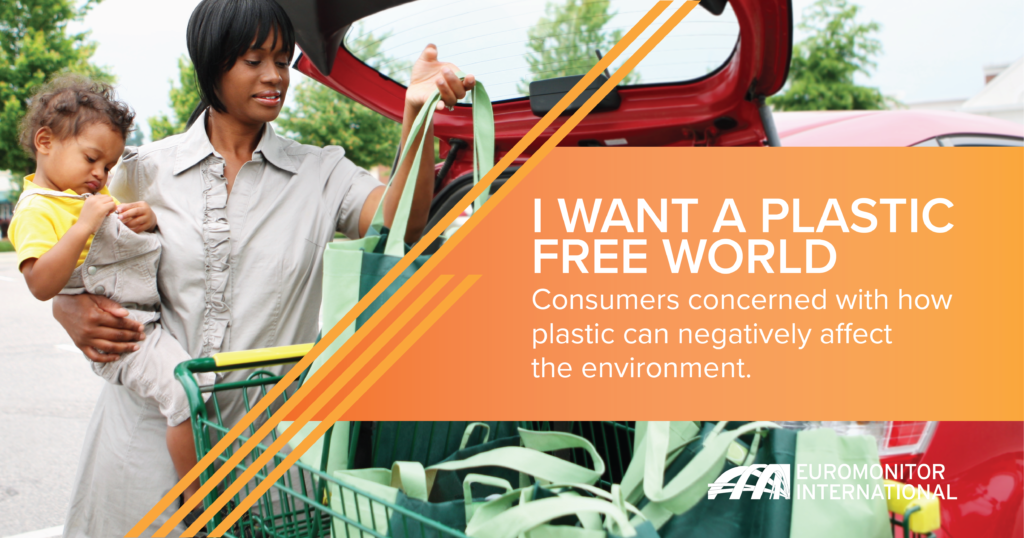This post, "4 Companies Helping Reduce Plastic," is part of a series highlighting the Top 10 Global Consumer Trends of 2019.
The ‘Blue Planet’ Effect
Plastics are coming under increased scrutiny as the ‘Blue Planet Effect’ shines a light on the plastic-based waste products that end up polluting the natural world.
Globally, the action is being taken with the goal of achieving a plastic-free world. Thanks to the 'I Want a Plastic-Free World' Top Global Consumer Trend for 2019, brands around the world realise the pivotal role that they play and are making big changes.
IKEA
As a recent recipient of the Circular Economy Award, furniture giant IKEA is phasing out oil-based plastics, committing to making all products from recycled materials by August 2020. IKEA is also phasing out single-use plastic products, such as plastic straws, plates and cups from its stores and restaurants by 2020.
To help the company achieve these goals for ethical living by advancing to a circular economy, IKEA has invested in a plastic recycling plant in the Netherlands. With 363 stores worldwide, a company such as IKEA has the potential to bring large-scale impact and set industry trends in sustainability practices for others to follow, both companies and individual consumers.
Iceland
UK frozen produce supermarket chain Iceland recently announced plans to remove all plastic packaging from its private label product range by 2023. Plastic trays will be replaced by paper-based trays, while the company is working to replace the plastic seal currently used with an alternative plastic-free film.
The aim is for all paper-based and other types of packaging for its private label ranges to be fully recyclable through domestic waste collection facilities or in-store facilities. The retailer hopes to remove 16,000 tonnes of plastic waste by 2023 via the initiative.
Other UK retailers have since followed suit and made similar commitments, showing how companies can set trends in sustainability and challenge competitors to raise their game too.
Infosys
In India, Infosys, a major global IT consulting company, pledged to ensure its campuses would be free of non-recyclable plastics, as well as reducing the per capita generation of plastic waste by 50%, both by 2020. The company has cited PET water bottles, plastic bags, sachets, toiletries and bin liners as being the types of items to be replaced with more sustainable materials as part of the pledge.
With a workforce of over 200,000 globally and with a range of campuses including the world’s largest corporate university across a 337-acre site in Mysore, Karnataka, Infosys has the potential to make a significant contribution to the fight against plastic pollution and instil positive habits in consumers in a country that contributes significantly to the global plastic waste issue.
YVY
YVY, a home care brand launched in 2018 in Brazil, is attempting to make the way consumers clean their homes more sustainable. The brand has designed a capsule system, like a coffee-pod, for cleaning products.
Consumers sign up to a monthly subscription box, containing capsules delivered to their door. They are then inserted into reusable bottles with nozzles to spray and clean various items and surfaces. Once the capsule containing the cleaning product is empty, consumers can post the empty pods back to YVY free of charge to be recycled and reused.
The system allows for a significant reduction in the amount of water used in the cleaning process and the amount of plastic packaging. With a range of products for degreasing, dishwashing and multi-purpose cleaning, the company has already seen sales success and hopes to create a ‘green cleaning’ segment within the Brazilian home care industry.


